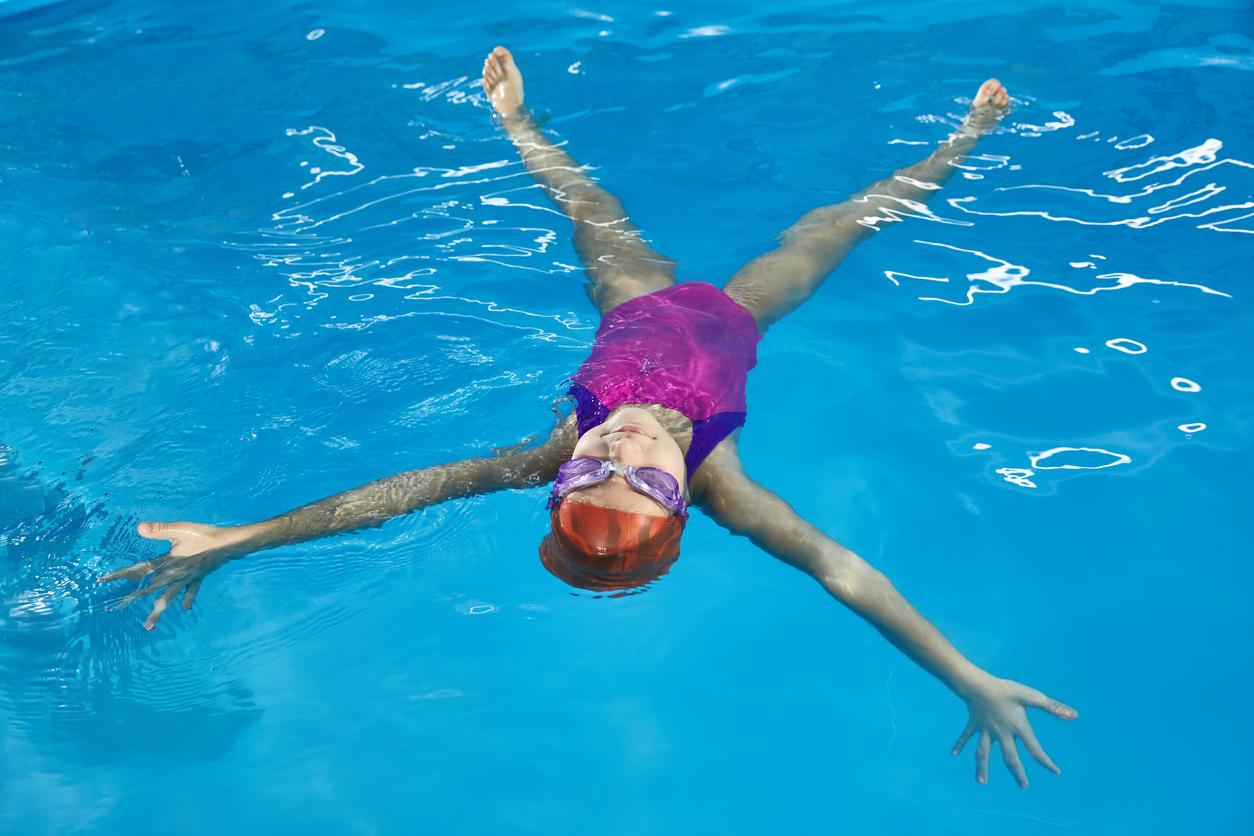Drowning during a seizure is the leading cause of accidental death in people with epilepsy.

- 70% of drownings of people with epilepsy occur in a private environment (swimming pool, bathtub).
- Epilepsy is a chronic neurological disease that affects 50 million people worldwide, including more than 650,000 in France.
While summer is in full swing, the Epilepsy-France association warns particularly about the risk of drowning incurred by people with epilepsy. “It is 15 to 19 times higher in people with epilepsy than in the general population, and every year, fatal accidents are to be deplored, particularly in the summer period”, explain the activists in a press release.
How to swim safely
Épilepsie-France recommends that people with epilepsy:
– Never swim alone.
– To warn the entourage of the risk of crisis.
– To favor supervised bathing areas.
– Before swimming, notify the lifeguards.
– To have an attendant capable of carrying out the rescue manoeuvres.
– Accompany the epileptic child step by step in the water.
– To wear a belt or a flotation vest.
“The vigilance must be the same in a private pool, at sea, in a lake or in a boat”specifies the association.
Be vigilant whatever the form of epilepsy
Some forms of epilepsy are more at risk of drowning than others. “This is the case of seizures with loss of consciousness (often limited to a disturbance of contact or temporary confusion) and seizures with convulsions”, explains Professor Fabrice Bartolomei, neurologist, head of the epileptology and cerebral rhythmology department at the CHU de la Timone in Marseille. He pursues : “As for generalized seizures in the form of absences, these are real epileptic seizures in which the main manifestation is the disturbance of consciousness. They expose like the others to accidental dangers such as drowning”.
Professor Fabrice Bartolomei also specifies: “Even if crises are rare, the danger is present and we must redouble surveillance, or even more, because we are ultimately less attentive in these cases”. Nevertheless, and if all the precautions are taken, there is no reason to deprive yourself of the pleasure of swimming when you suffer from epilepsy, except in individual cases.
Formerly considered a “diabolical” disease, then a psychiatric illness, epilepsy remains unknown to the general public today.
.

















